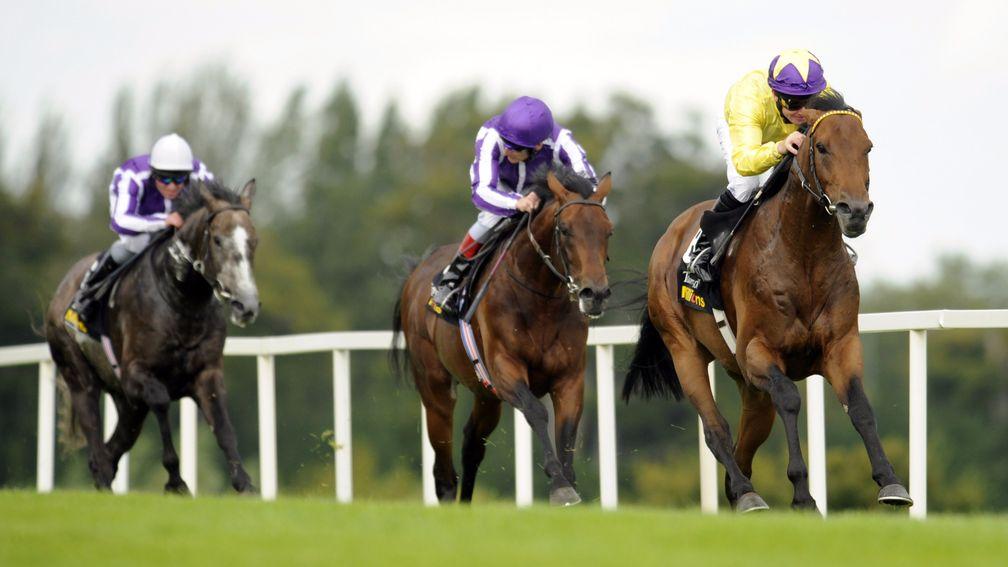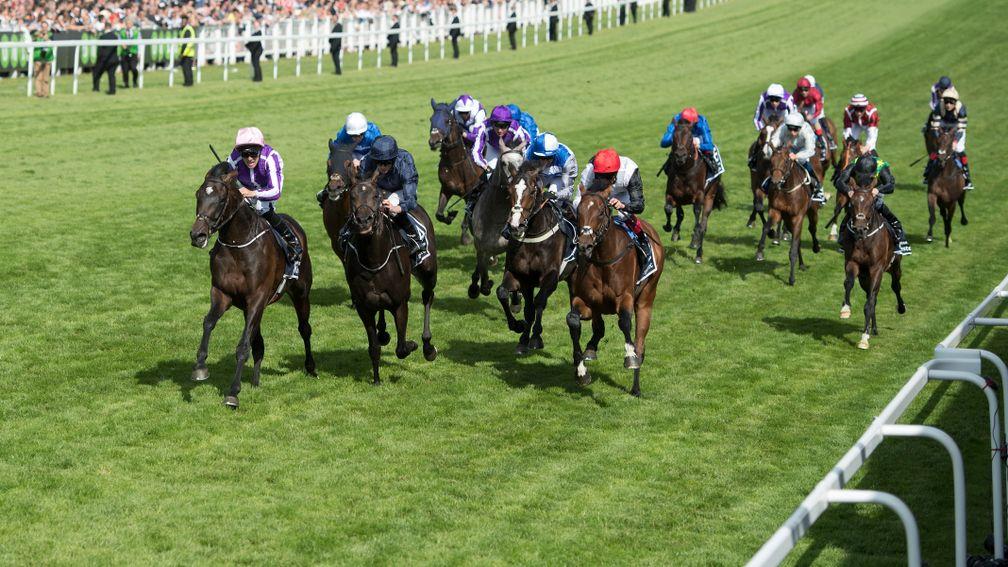Why we should scrap all two-year-old races and begin at three
Commentator and Weekender columnist makes a bold case

Last Sunday’s letters column in the Racing Post made sweet reading, in particular fresh-thinking contributions regarding weight-for-age and the gaps between races.
After a week which saw the three-year-olds Enable, Stradivarius and Battaash win major races in receipt of their allowance, Weekender columnist Steve Miller made a plea for initiatives which would swing the balance back in favour of older horses in top events.
Miller wrote: “We should surely have a race in which all-comers carry the same weight, giving us an unequivocal champion.”
As someone who also despairs at how the sport fails to establish definitive champions because of age and sex allowances, I agree that it’s a nice idea but such a contest would be unlikely to attract many three-year-old participants unless the prize-money was absolutely irresistible.
Careers should start later
A sprint championship at level weights might work best – Battaash was receiving only 3lb at Goodwood – whereas the disadvantage to longer-distance three-year-olds would be greater.
The only real solution, a radical one I admit, is the construction of a new racing template involving the banning of races for two-year-olds so that a horse’s career on the Flat would begin at three.

Some of the ‘great’ horses in racing history have been retired at the end of their three-year-old career with their owners and trainers invariably claiming, disingenuously and incorrectly, that they have nothing left to prove.
But the deterrent to keeping older horses in training for another season, when they would be required to give weight away in the major races, would be removed by level-weight Group 1 races.
Change bound to be unpopular
The decline of staying blood in the gene pool, a chronic problem in both the US and Australia and becoming more serious here, might also be arrested, with little incentive to produce ‘whizz-bang’, precocious youngsters.
On the contrary, more substantial and hardy racehorses would be the likely outcome, hopefully leading to longer, less injury-blighted racing careers.
Unfortunately, given the strong commercial pressures and demands for buying yearlings to race as two-year-olds, such a dramatic change is bound to be unpopular with breeders and owners who, either through financial pressures or opportunity, currently take a short-term view.
I concede that a transition period would be difficult, but if owners and breeders have to wait until a horse is three before they run over jumps, why not on the Flat?
Of course, traditionalists and historians will probably be appalled by the idea and I can almost hear them saying: “He’s really gone this time!”
But, with no weight-for-age involved when the Classic generation and older horses raced against each other, wouldn’t it be great that racing created true champions rather than the dubious, notional ones of the past?
This article was first published in the Racing Post Weekender, out every Wednesday
If you are interested in this you might like:
Don't judge French weight allowance based on whether Turner needs it
Recompense due where jockeys win by breaking whip rules
Why King George heroine Enable is truly an exceptional filly
Published on 19 October 2017inComment
Last updated 08:41, 19 October 2017
- The whole shape of the Irish Flat season is being defined by one man only - and even his main targets lie elsewhere
- Analysis: Flutter and 888 have enjoyed contrasting fortunes but they still have things in common
- Only a baby step but an important one if racing is to keep some of its David v Goliath moments
- There are so many great betting opportunities on Saturday - here are my best bets including a very strong Curragh fancy
- Coolmore and Godolphin spare the sport some embarrassment - and not for the first time
- The whole shape of the Irish Flat season is being defined by one man only - and even his main targets lie elsewhere
- Analysis: Flutter and 888 have enjoyed contrasting fortunes but they still have things in common
- Only a baby step but an important one if racing is to keep some of its David v Goliath moments
- There are so many great betting opportunities on Saturday - here are my best bets including a very strong Curragh fancy
- Coolmore and Godolphin spare the sport some embarrassment - and not for the first time